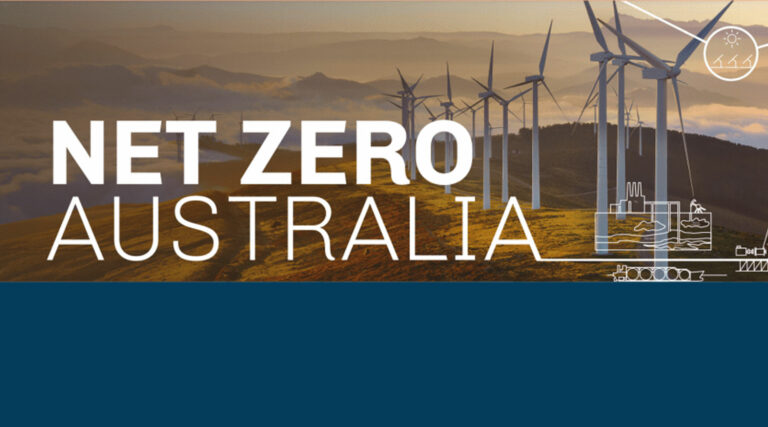11 May 2022
By SmartCrete

The Association was established in 2018 to develop, promote and advance the use of pozzolanic materials in the construction industry through the development of Standards and creating avenues into a wide range of relevant materials markets. APozA also funds research and hosts various educational forums to promote a greater understanding of these valuable pozzolan resources.
Remarkably and in an unprecedented timeframe, during late 2019, the Australasian Pozzolan Association received approval from Standards Australia to develop a new Standard through the Committee BD-031, Supplementary Cementitious Materials. This new Standard, Supplementary Cementitious Materials Part 4: Pozzolans – Manufactured, will be complimentary to the existing series AS 3582 Part 1: Fly ash, Part 2: Slag—Ground granulated blast-furnace and Part 3: Amorphous silica. This new Standard uses a similar structure. Existing international and national standards as well as published research and testing programs were considered in the development process by APozA.
The creation of this Standard encourages resource efficiency within a circular economy. It aims to provide market confidence by facilitating the use of manufactured pozzolans using an accepted framework. Natural pozzolans are well understood, but there is an emerging class of manufactured pozzolans arising from new resources, such as non-metallurgical and mineral processing industries. This Standard will allow these new sources to demonstrate capability for use as a SCM in concrete for the construction industry.

NewsGeneral19 April 2023
Australia will need to triple the National Electricity Market’s power capacity by 2030 to be on track for net zero...